NSW State Government Announce Tougher Penalties For Climate Protestors Who Block Roads/Bridges - NSW Police Launch Strike Force Guard - Federal Government Keeps Announcing Pre-Budget/Pre-Election Billions For Fossil Fuel Expansion - Climate Action Strikes And Actions Persist
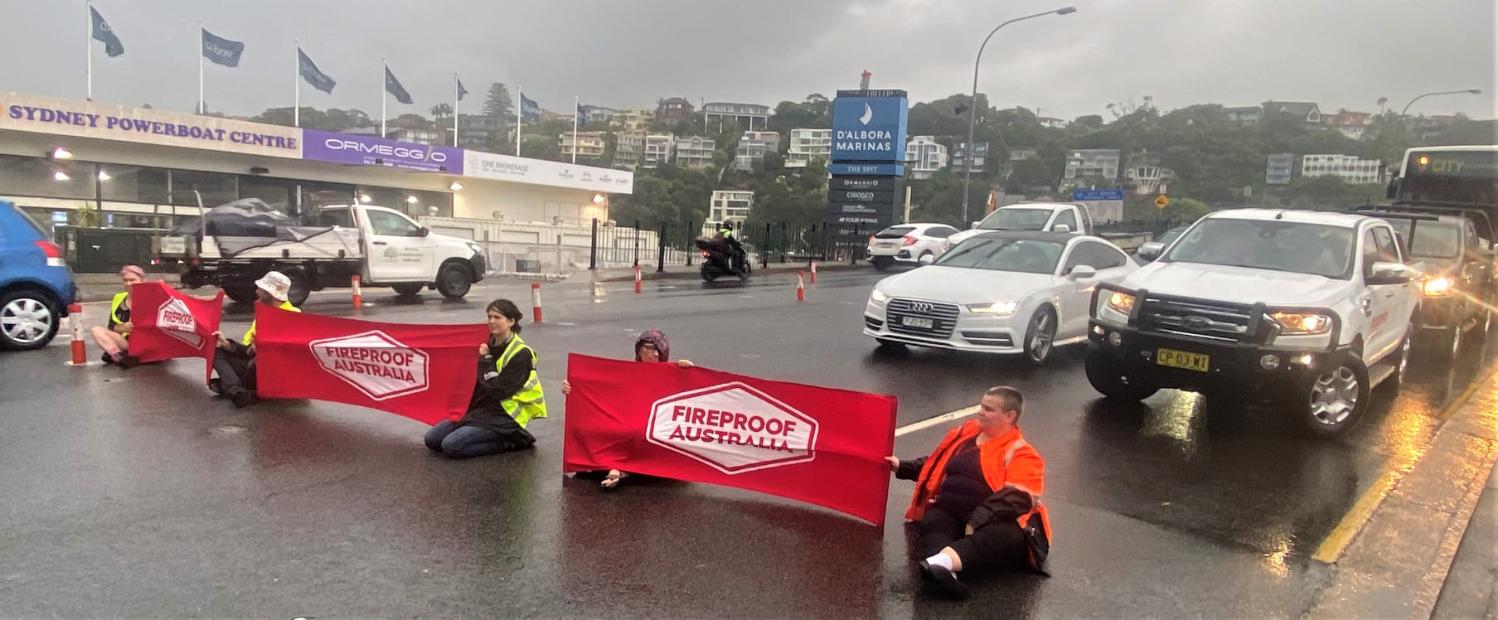
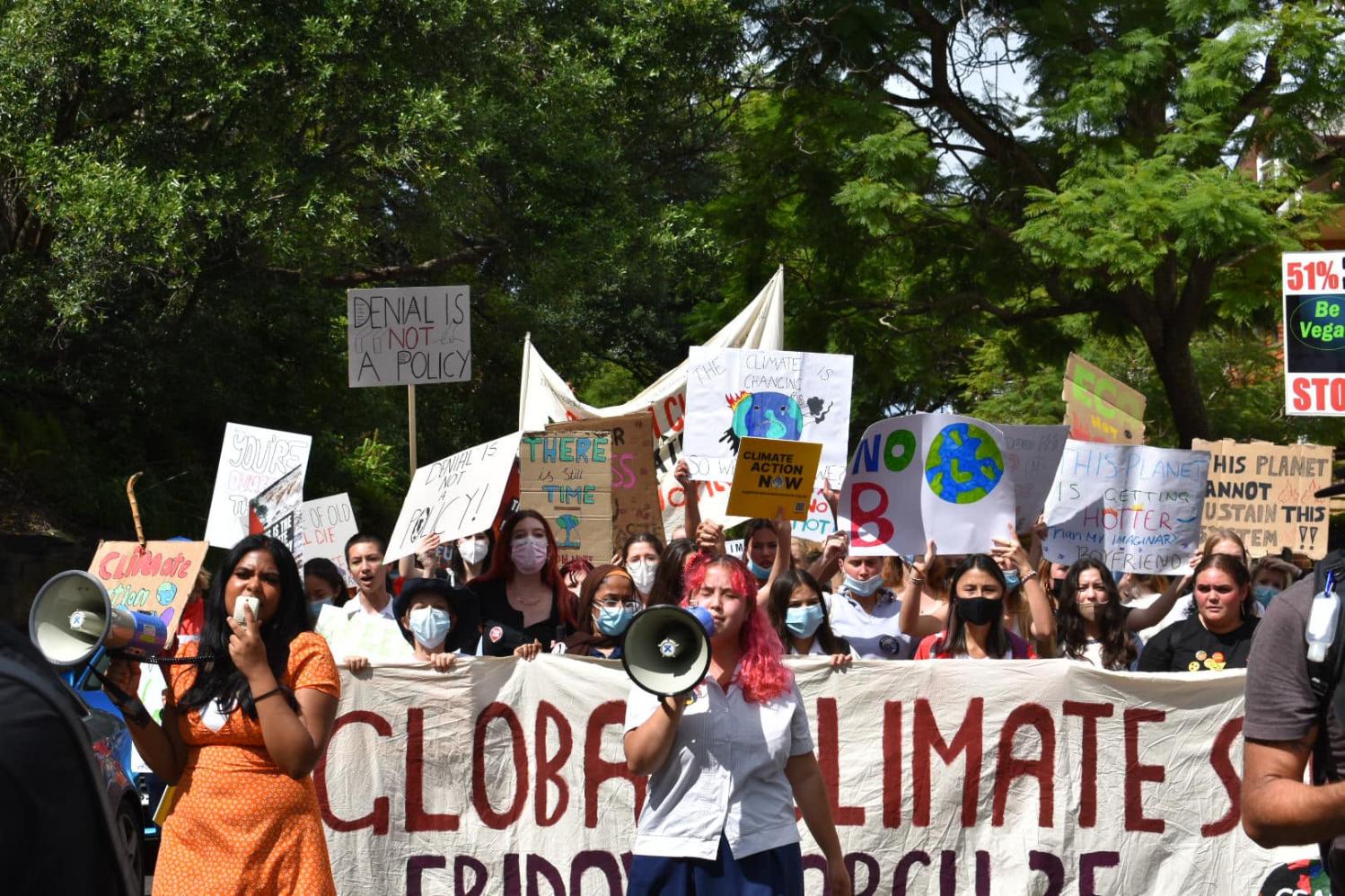
The NSW Government announced it will immediately put in place tougher regulations to crack down on illegal protests disrupting Greater Sydney on Thursday March 24, 2022.
The Roads Amendment (Major Bridges and Tunnels) Regulation 2022 will make it an offence to disrupt any bridge or tunnel across Greater Sydney. The regulation is made under s144G of the Roads Act 1993, but currently only applies to disruption on the Sydney Harbour Bridge.
The NSW Government will then bring legislation to Parliament to expand s144G beyond bridges and tunnels to roads and industrial and transport facilities more generally.
Section 144G carries a maximum penalty of 200 penalty units ($22,000) or imprisonment for two years, or both.
Acting Premier and Minister for Police Paul Toole said these measures were critical to deter future illegal protests across Sydney.
“The penalties currently in place have clearly not deterred protestors who continue to block roads across Sydney, disrupting transport networks, freight chains, production lines and everyday commuters getting to work or to school – and it can’t keep happening,” Mr Toole said.
“Unauthorised protests have no place in our State, and these tighter laws and tougher penalties we’re introducing prove we have zero tolerance for this selfish, disruptive and unruly behaviour.”
Attorney General Mark Speakman said it was essential to quickly expand the existing regime.
“Following the events of recent days, I worked with Minister Ward to urgently review existing laws. We are strengthening them to deter mayhem being inflicted upon ordinary citizens,” Mr Speakman said.
Minister for Metropolitan Roads Natalie Ward said the change to the regulation will ensure there are severe penalties for future protestors looking to block bridges and tunnels across Greater Sydney.
“Protestors who stop daily commuters getting to work in the morning and home in the afternoon put themselves and drivers at risk and have no place on NSW roads,” Mrs Ward said.
“Under these changes, protestors who block major routes including the Spit Bridge and the Western Distributor will now face harsher penalties, aligned to the disruption they create across the road network.”
The announcement follows on from actions taken by Fireproof Australia, which in recent weeks has blocked The Spit bridge and passageway on February 22nd and March 14th 2022.
Blockade Australia has also been involved in blocking passageways, only their focus is on freight trains carrying coal.
Most state that the right to protest peacefully is a defining feature of liberal democracy. Protests can be on a diverse range of contentious issues, although in recent times the mining of coal and coal seam gas has been a particular focus of protest activity. In response to these protests, which have often seen protesters climb and “lock on” to mining equipment and freight trains, the Baird Government introduced additional legislation to deter such action.
The 2016 Baird ministry introduced the Inclosed Lands, Crimes and Law Enforcement Legislation Amendment (Interference) Bill 2016, despite opposition from more than 60 percent of NSW residents. This bill created a new offence called "aggravated unlawful entry on inclosed lands." This meant protesters found interfering with business on "land in which a business or undertaking is being conducted" now faced fines of $5500 and seven years in prison for chaining themselves to mining machinery, as would farmers if they lock their gate and bar CSG companies from drilling on their property.
This bill was written to support the fracking and coal mining industry being interfered with by objecting New South Wales people, particularly those whose farmlands were alongside and whose water was being taken or poisoned.
In the March 2016 statement announcing the changes, then Minister for Industry, Resources and Energy Anthony Roberts, stated these changes to help the CSG and Coal Industry would also include;
''Removing limitations to allow Police to give directions in public places to prevent obstructions of persons or traffic for a demonstration, protest, procession or organised assembly under the Law Enforcement (Powers and Responsibilities) Act 2002.''
This bill was Assented to on March 22nd, 2016.
At the same time, the Mining Legislation Amendment (Harmonisation) Regulation 2016 under the Mining Act 1992 reduced fines for mining companies that were previously liable for up to $1.1 million for operational misconduct, such as mining without authority - and became $5000 for corporations under those modifications.
Following on from these changes a May 2017 Audit Office of NSW 'Mining Rehabilitation Security Deposits' report found that;
''While there have been substantial increases in total deposits held, mine rehabilitation security deposits are still not likely to be sufficient to cover the full costs of each mine's rehabilitation in the event of a default.''
Since then the series of School Strikes 4 Climate have become a nationwide and global phenomenon, and they have been joined in turn by profession groups, their parents, and teachers.
Community Disquiet Over Whale Beach Restaurant Proposal + Manner In Which They Have Been Not Informed Of Same
Residents are concerned about a proposal to increase the capacity for a restaurant/café at 231 Whale Beach road, at the front of the structure, facing Surf road, due to the effects this will have on residents amenity and street safety as demand on already limited parking would be increased.
The proponents are seeking to have Condition 99 in the Approved Conditions of Consent changed.
Condition 99 states;
Capacity of Ground Floor Café or Restaurant
The capacity of the Ground Floor café/restaurant premises is limited to 44 indoor patrons, 20 outdoor patrons and 6 staff members.
Reason: To ensure residential amenity is protected and maintained.
The DA modification documents (Mod2021/0983) state the proponents wish to have capacity in Retail 1 for 170 occupants and 18 staff (ground level), with outdoor seating (53 square metres); 140 inside and 30 outside. The ground floor retail tenancy has been designed to provide a covered outdoor seating area.
The proposed operating hours for the eatery are 7am to 10 pm 7 days a week, with an alcohol approval to be sought to make this a licensed premises.
The café is adjacent to Surf Road, with safer access than that which existed for the café on the street frontage on Whale beach road, and is accessible to the beach and beach carpark. Placed here it will have greater exposure to passing pedestrian traffic and incidental walk-ins. The retail space has been pushed further back into the building which the proponents state will provide a more flexible space and mitigate any noise or privacy impacts.
A café originally proposed to Level 3 (Retail 2; 78 square metres), fronting the Whale Beach road side of the structure, was revised to a neighbourhood shop in The Review of Determination (REV2021/0034) SECTION 8.2 REVIEW document of 2021. The applicant’s agent states this will provide less pedestrian and vehicular traffic movements, acoustic impacts, privacy impacts and potential plant noise to the quieter Whale Beach Road frontage, which is surrounded by dwellings.
The applicants' agent states in the revised documents from 2021 that it was a requirement by Council to provide retail facilities on both Surf Road and Whale Beach Road.
Noise impacts and parking are prevalent among residents concerns, especially for those who live alongside the site, as well as those who lived within the Whale Beach amphitheatre itself. The curved landscape of hills meeting surf magnifies and bounces any sound. Roads into and out of Whale Beach are narrow and do not provide capacity for on street parking.
However, the council’s own Traffic and Parking Report for this proposal concluded that ample parking opportunities exist in the surrounding streets to cater for the additional parking demand of the original 64 patrons. The applicant’s agent also stated in The Review of Determination (REV2021/0034) SECTION 8.2 REVIEW document that ‘’parking opportunities in the surrounding streets and within the beach carpark, which combined with the number of parking spaces provided will address any concerns regarding parking. It is also not desirable or likely that retail customers visiting the site will use the basement carpark.’’
The applicant’s agent states that past commercial enterprises in the locality such as “Ripples Restaurant” at 24 The Strand, Whale Beach, which provided no on-site parking, did not create a parking problem in the area. It was further noted that the old “Ripples Restaurant building has been demolished to be replaced by a recently approved residential dwelling as per its residential zoning, leaving the proposed development as the only retail premises in the Whale Beach vicinity.’’
Moby's, now operating as a weddings and events venue, with capacity for around 150 patrons, is just 2 doors up and is a retail outlet. Jonah's, atop Whale Beach and on Bynya road, is also a commercial enterprise.
Parking on The Strand at Whale Beach allows for around 90-100 car park spaces. These are free to use for residents who have a residential parking sticker and incur a fee of $10 per hour for those who do not.
Whale Beach Kiosk/Ripples patrons all parked in the beach carpark, which residents know is always at capacity during the summer season, with the overflow filling the streets surrounding the beach and making negotiating these a dangerous one way flow of vehicles.
Learn How You Can Help Marine Life: ORRCA Workshop At Newport April 30th
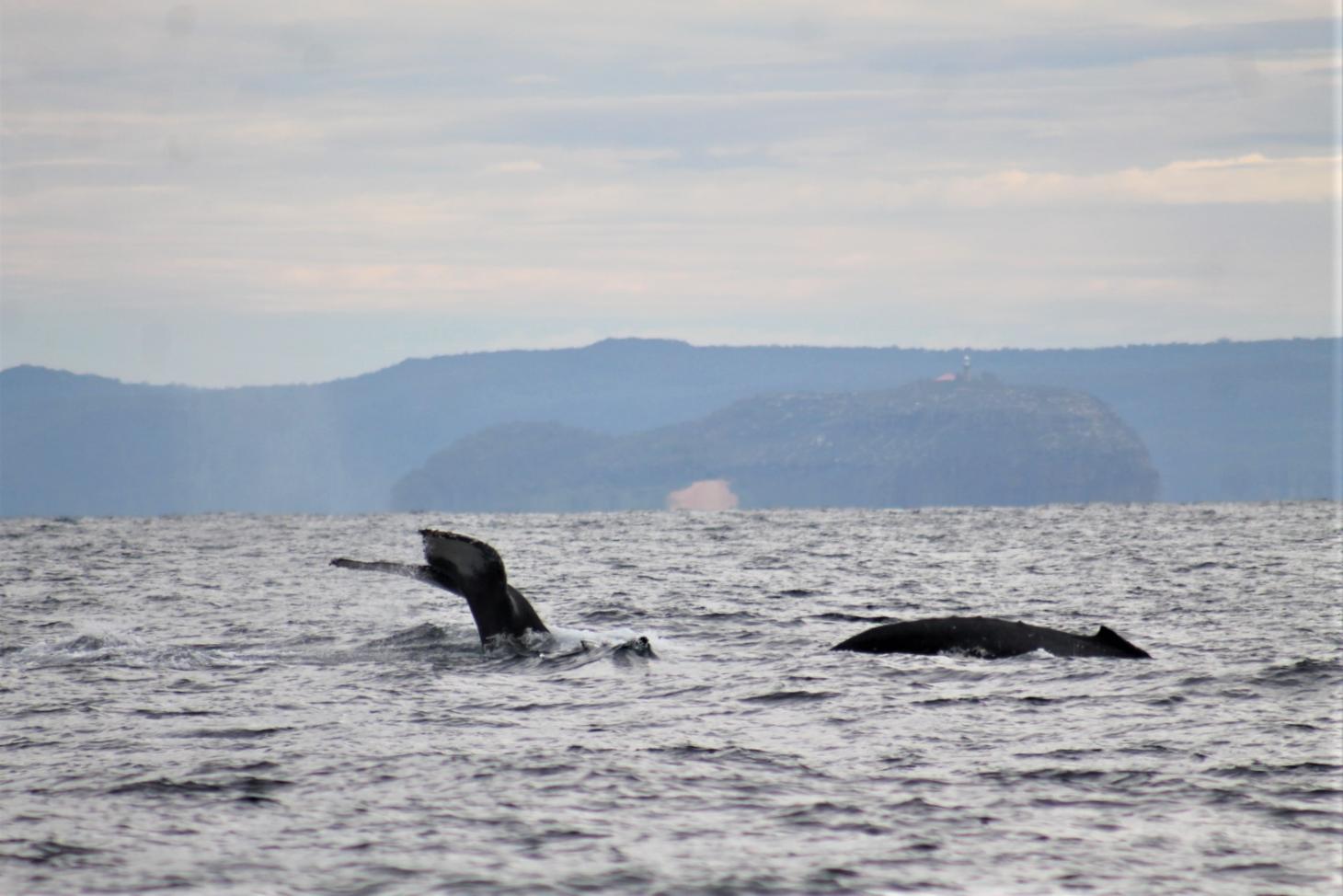
Photo: A J Guesdon.
ORRCA stands for the Organisation for the Rescue and Research of Cetaceans in Australia. This is the only volunteer wildlife rehabilitation group in NSW licensed to be involved with marine mammal rescue, rehabilitation and release. ORRCA looks out for the whales, seals, dolphins and dugongs.
As locals will have noticed over the past few years, we have a lot more marine wildlife coming ashore or being encountered in the waters off our beaches. In NSW, it is a legal requirement that any person or group interacting (rescuing, rehabilitating, or monitoring) with marine mammals must be licenced.
ORRCA has an annual authority issued by the National Parks and Wildlife Service of New South Wales (NPWS) to rescue and rehabilitate marine mammals. It is under this licence that rescue members volunteer their time to help save the lives and manage situations along our coast lines.
First you have to do the training though. As an opportunity to do so is coming up at Newport on April 30th, this week a chat with local resident Jools Farrell, ORRCA Vice President, on what's involved and what our local marine mammals have been up to.
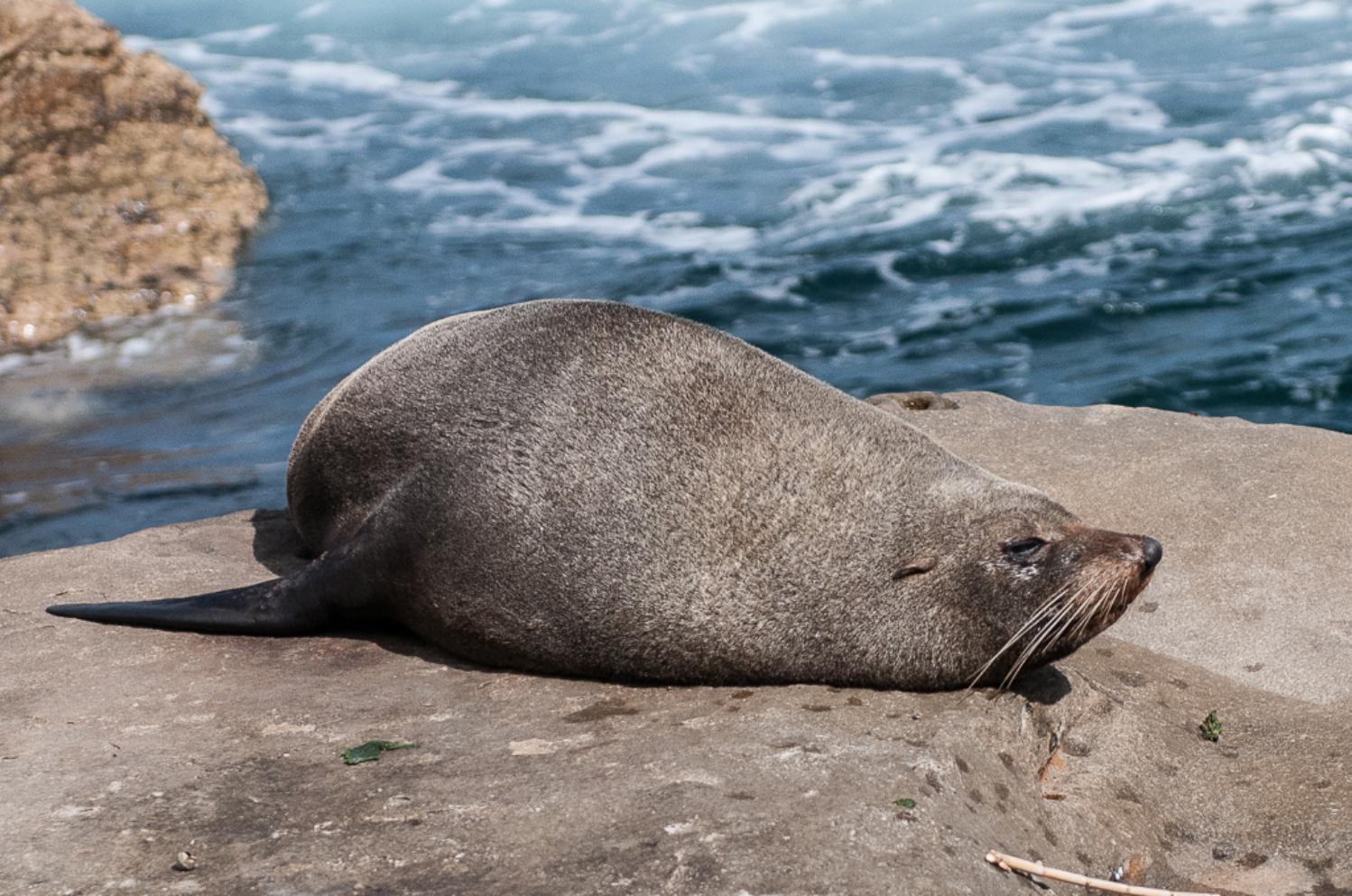
Autumn In Pittwater 2022
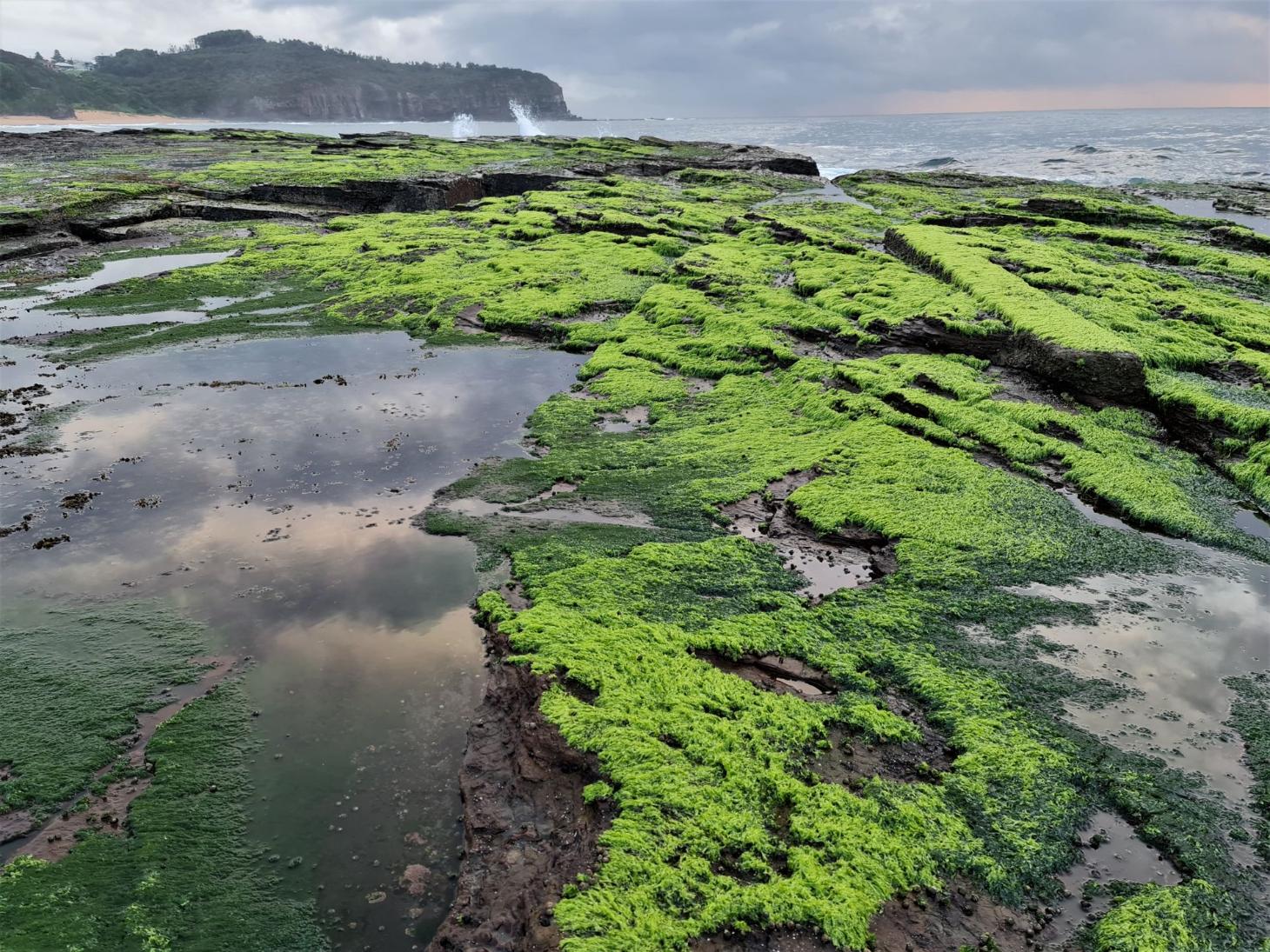
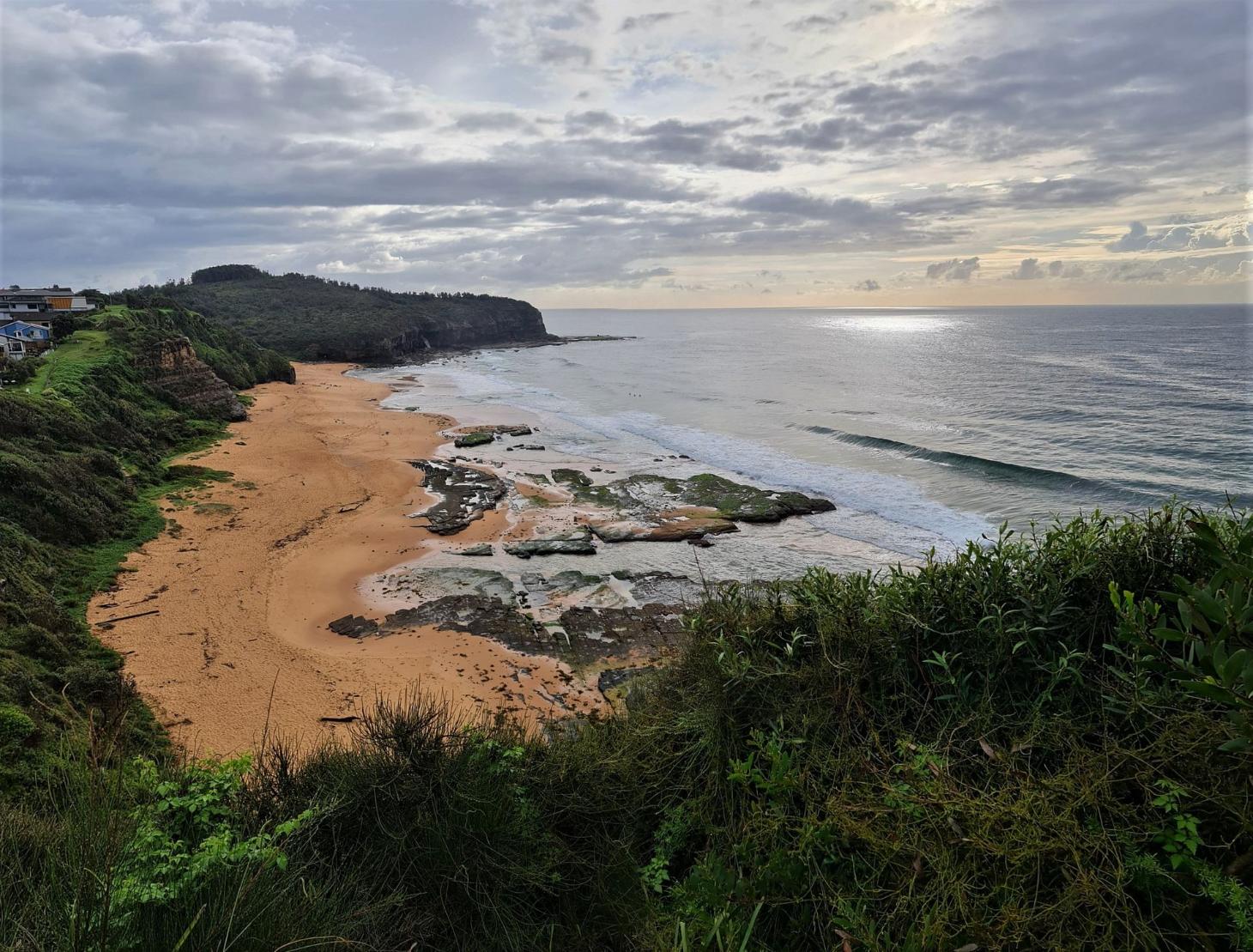
Past Features Archives (pre 2014)
Pittwater Online News was selected for preservation by the State Library of New South Wales and National Library of Australia. This title is scheduled to be re-archived regularly.
Archived Issues (2014 on) may be accessed here: pandora.nla.gov.au/tep/143700
